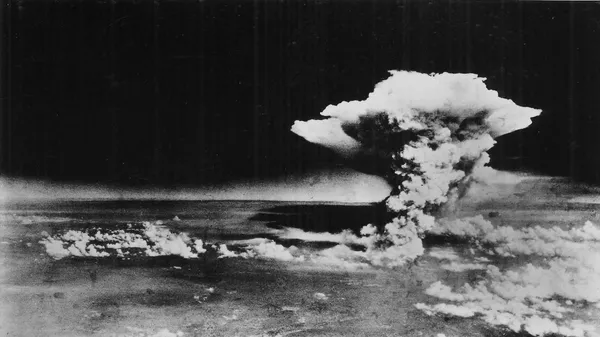Populus interviewed a random sample of 1,004 adults aged 18-64 in Japan between 29 July — 2 August, 2015. Surveys were conducted across the country and the results have been weighted to the profile of all Japanese adults. Populus is a founder member of the British Polling Council and abides by its rules.
"I sincerely hope the leaders of the world’s nine nuclear-armed states will pause on the 70th anniversary of the nuclear bombings and recommit to creating the conditions for significantly reducing and eventually eliminating nuclear weapons," Hans Kristensen, director at the Nuclear Information Project Federation of American Scientists, said.
Kristensen stressed the 1945 nuclear bombings of the two Japanese cities were an appalling wake-up call for humanity, revealing the disastrous consequences of a nuclear war.
"We now know that if nuclear weapons are ever used again it could quickly escalate to the destruction of the world with no winners at all. That is, I believe, the most profound lesson that Hiroshima and Nagasaki have taught us," Kristensen said.
Helfand, the laureate of the 1985 Nobel Peace Prize, said it was time people asked their governments what their purpose was in keeping nuclear weapons around, and "what can we do to get them to change."
Exactly 70 years ago, a US warplane dropped a nuclear bomb on Hiroshima that killed about 140,000 people. Three days later, a second nuclear bomb killed 70,000 people in Nagasaki. Japan surrendered six days later, ending World War II.





